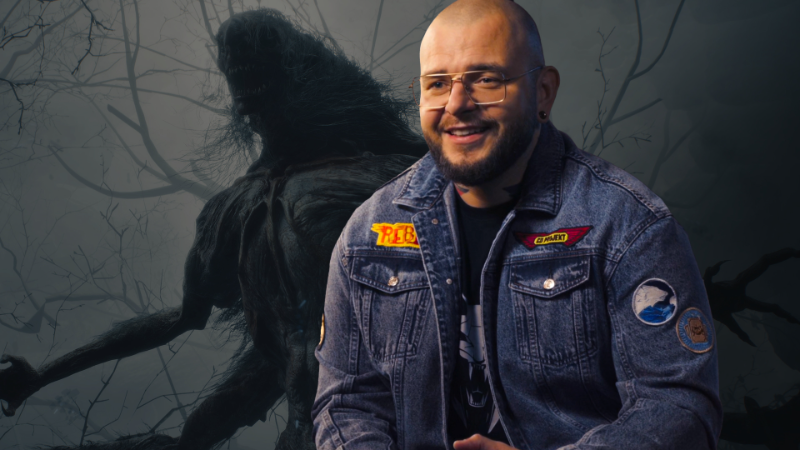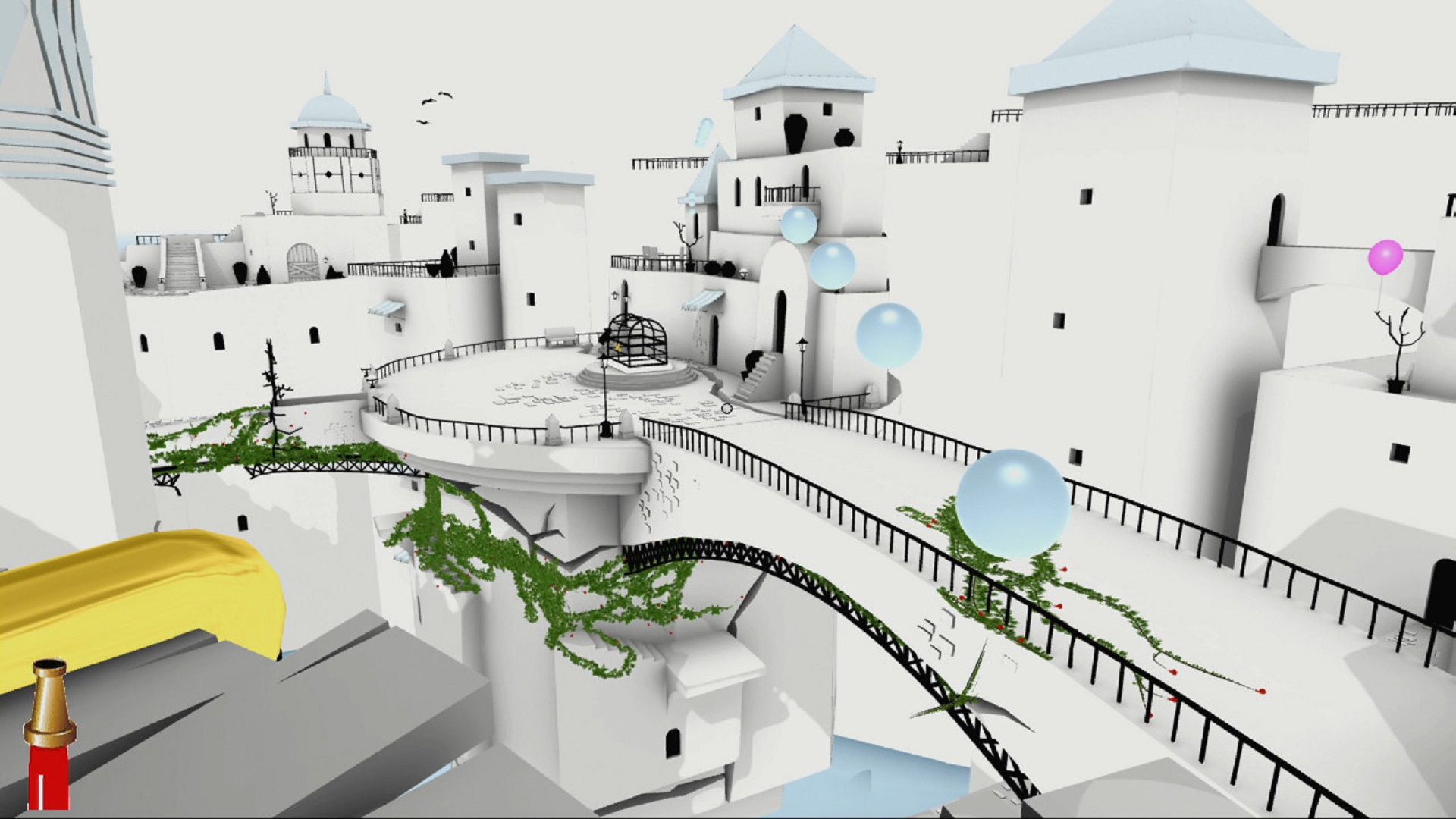
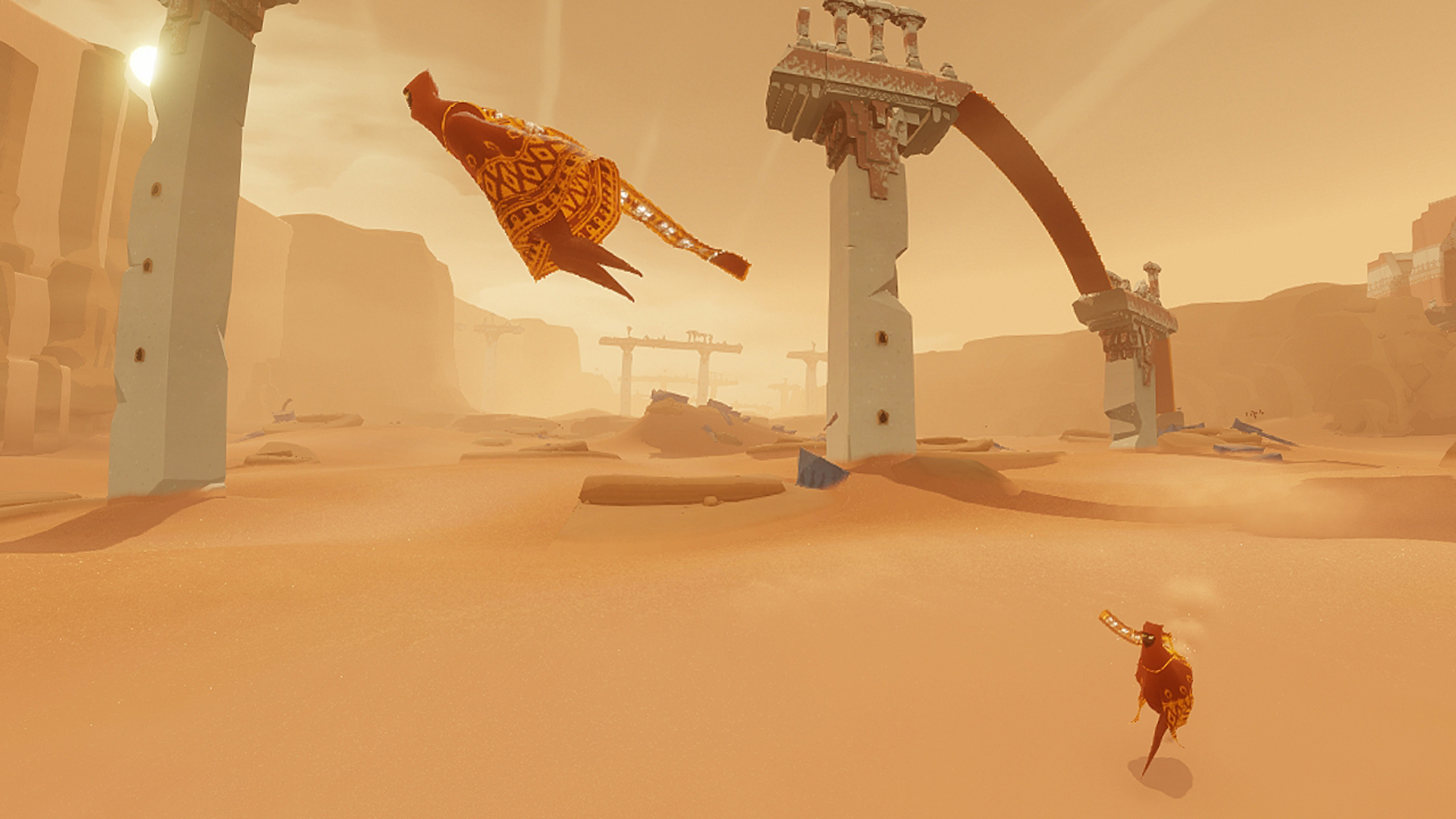
If there’s any type of inquiry of whether Journey fits the (rather suspicious) interpretation of a strolling simulator, being a third-person game where your feet often leave the ground, the reaction it encountered in 2012 placed it strongly among these various othergames But this had not been programmer Jenova Chen’s very first rodeo. Since co-founding Thatgamecompany years previously, Chen had actually developed himself as a purveyor of psychological experiences.
“When we made Flower in 2009, people were like, ‘This is not even a game. There’s nothing to kill’,” he claims. The issue, as Chen sees it, was that the gamer base and also sector were also slim and also insular. When he initially pertained to the United States in the very early 2000s, “most console games were considered ‘mainstream’, but that mainstream was basically a bunch of young men, and mainstream [should be] everyone, right?” Chen hence made an aware initiative to tempt brand-new target markets and also widen perspectives. “We wanted to show the world that games are not just guns and competition, that they can be a positive influence,” he claims. “I’m so thankful when people who have never played games [before] consider playing games, a medium we love. So we have to make sure our games are accessible.”
As for the beginnings of these games, it’s certainly no coincidence that Dallas, Pinchbeck and also Chen all researched games at postgraduate degree – and also all of their 2012 launches were birthed in academic community, otherwise progressed from jobs they would certainly begun there. “Before our generation, the only way to learn how to make games was to join the industry, or do it at home,” Chen claims. He started examining multimedias at USC’s School Of Cinematic Arts, in just the 2nd year the division existed. “We were taught about making games as if it was academic research.” This implied not just taking into consideration the background of the tool, however likewise its limitations.
“You didn’t go there to learn the basic skills so you can get hired,” Chen claims. “You went there to become an expert.” And with that said came a stress to be a leader. “Our professor would say, ‘You’ve wasted $90,000 to come here and three years of your life – you’d better do something really meaningful after grad school’.” It was right here that the trip in the direction of Journey started, with a grant-winning pupil task.
After being asked to generate something various to the mainstream – which at the time for Chen implied Grand Theft Auto – he established a principle for a game concerning clouds, a recovery and also kicking back experience. Even after that, he still had a hard time to liberate himself from traditional game- assume when asked to specify the game’s technicians. “I thought about SimCity and how you can create disasters with storms.” Chen claims. “My instinct was based on the games I played – and all I could think about was destruction.”
It was his teacher, Tracy Fullerton, that recommended the lead character may be a young kid, and also Chen began to assume even more concerning feelings and also life experiences. “Kind of subconsciously, as I started working on this game, I put more and more of my memories and feelings of childhood into the project.” The result was a game concerning a kid that’s ill in bed and also imagine flying, creating the clouds right into various forms and also utilizing them to get rid of contamination.
Time Bandits
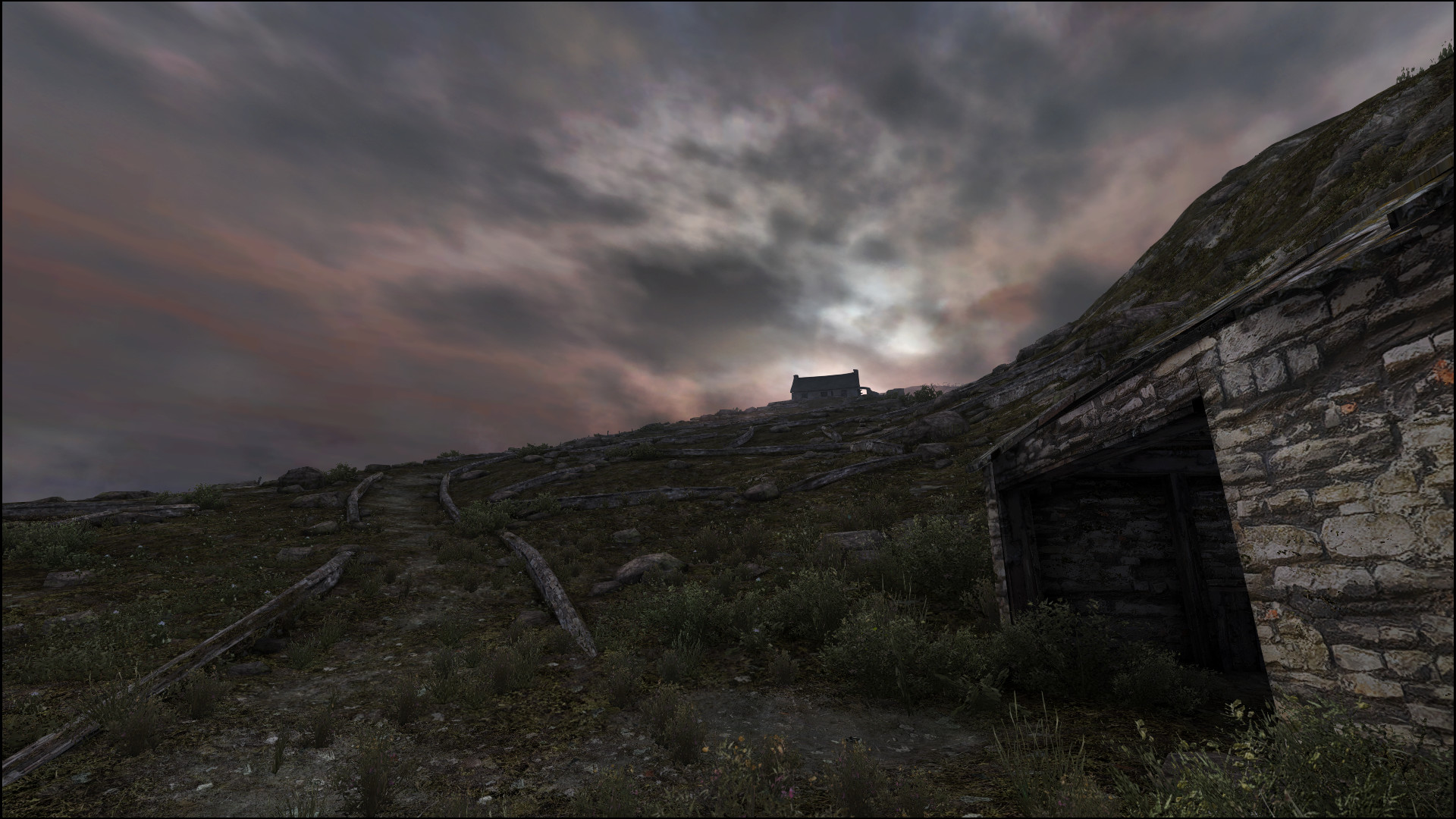
The Unfinished Swan, at the same time, started life as a virtual reality model concentrated on tossing multicoloured paint around an area. Dallas after that included “the most stock, cringey story” to broaden the principle, presenting unseen ecological functions that the paint would certainly disclose. “It was awful,” Dallas claims, however he sent it to celebrations anyhow. When the model got hold of Sony’s interest, he needed to determine just how to transform it right into a completegame “The experience I wanted to extend was the sense of not knowing, keeping people feeling like they were at the start of the game, before they move on to the mastery part.”
Dallas does not remember various other games as he can make use of. “I wish there were.” He factors rather to Alice In Wonderland and also movies such as Time Bandits and also Labyrinth as significant resources. “It’s sort of embarrassing, but every game I make is Time Bandits,” he claims. “It’s the seminal reference I just can’t get away from.” Following this program, he never ever actually thought about a lot more traditional mechanical obstacles. “It didn’t feel like the game to force people to have to prove they understood these things,” he claims. “It was about surprises and delight.”
As for Dear Esther, the first ideas for this climatic ramble via barren environments was– what else?–Doom During his PhD, Pinchbeck started trying out mods for Id’s significant shooter, and also points progressed from there. “In most first-person shooters, the basic idea is you make the environment simpler by removing things with extreme prejudice,” he claims. “So what happens if we flip it on its head, so the environment gets more complicated as it goes? It was little things like that, little research questions.”
With Dear Esther the particular question was whether the quiet moments in games such as Doom and System Shock, between bouts of violence, could be extended into a complete experience. ” A great deal of the moment, no one’s doing something since it does not function,” Pinchbeck says. “But there’s constantly the possibility that something hasn’t actually been discovered even if it hasn’t actually been discovered.” It would turn out, of course, to be very much the latter.
Emotional link
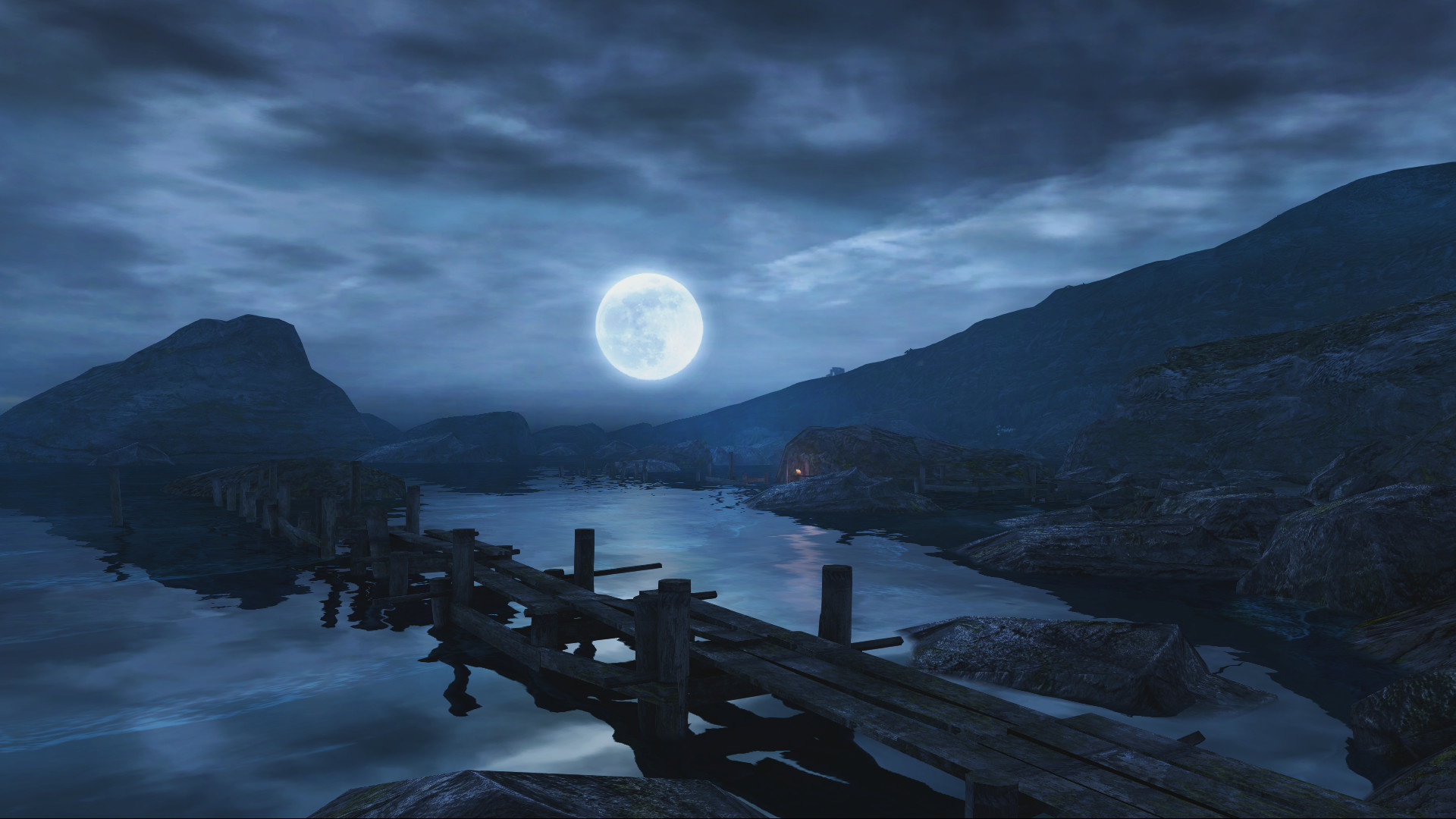
Dear Esther had initially been released as a Half Life 2 mod in 2008, and received positive feedback from the Mod DB community. Pinchbeck had no intention of selling it commercially, but game artist Rob Briscoe (now at Valve) asked about giving the game a visual overhaul. “He’d simply originated from working with Mirror’s Edge, and also I resembled, ‘The Mirror’s Edge musician wishes to do totally free visuals on our mod?” Pinchbeck remembers. ” OK, after that!”
That led to Jessica Curry (The Chinese Room’s co-founder, and Pinchbeck’s wife) re-recording her soundtrack with real instruments – and by then it made sense to try to make a little money. Yet even after securing the necessary capital from Indie Fund, ambitions remained modest.
“We simply wished we would certainly recover cost and also Rob and also Jess can make money,” Pinchbeck says. “We weren’t expecting it being the title that it was. The suggestion of it covering a million systems is simply chaos.” If certain segments of the market weren’t ready for these games, then the video game industry – which was going through a period of rapid change in terms of both technology and business models – definitely was.
Online distribution was crucial to these games’ success, and by 2012 a number of indie games had established themselves on console and PC digital stores. “Not needing to obtain your game right into Walmart is substantial, ideal?” Dallas says. “Being able to make games for smaller sized target markets permits you a lot a lot more versatility.” From there it was effectively a case of ‘build it and they will come’, he says. “Once there were even more strolling simulators, gamers started to want them. I think the target market needed to be bootstrapped right into presence.”
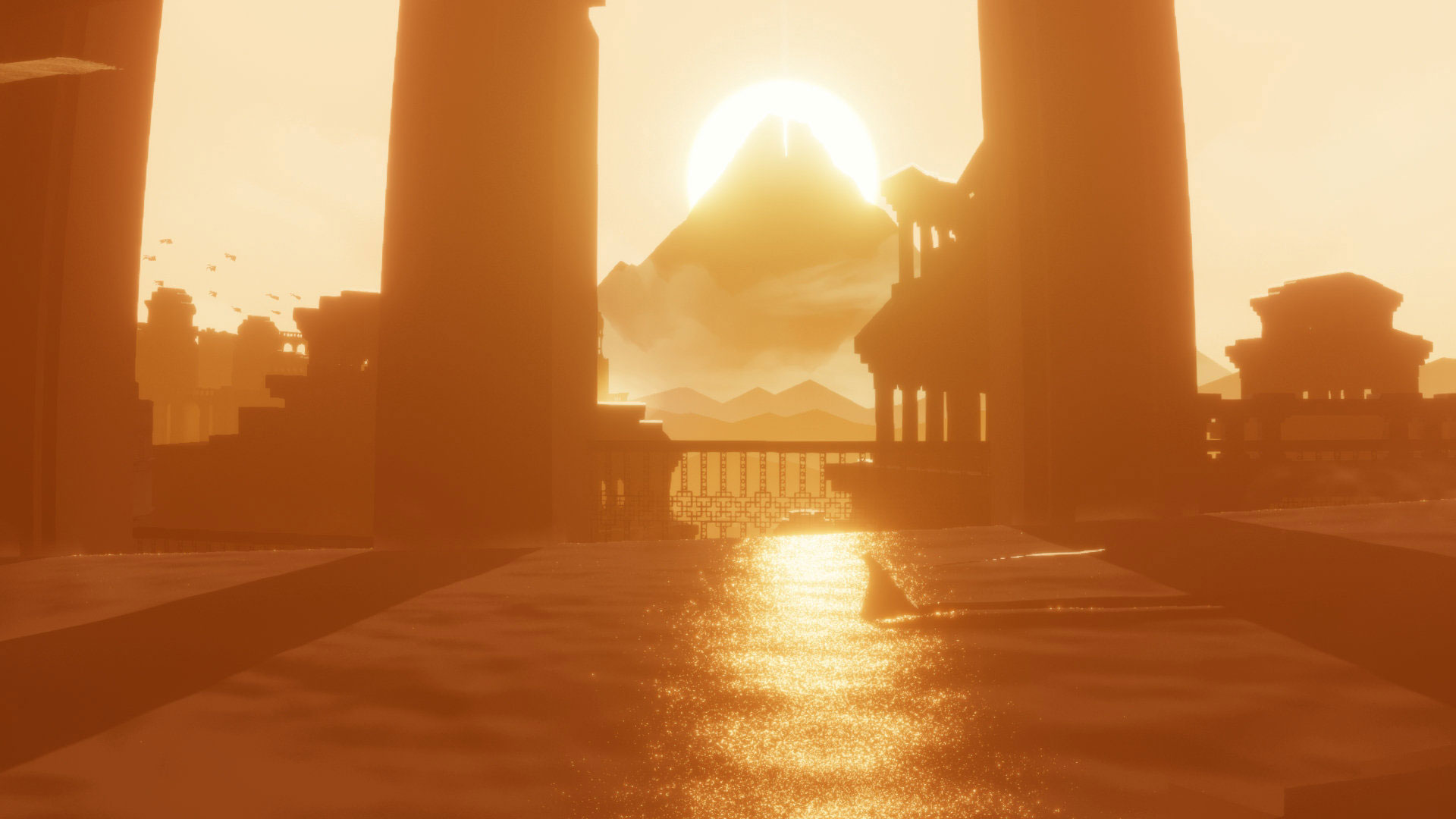
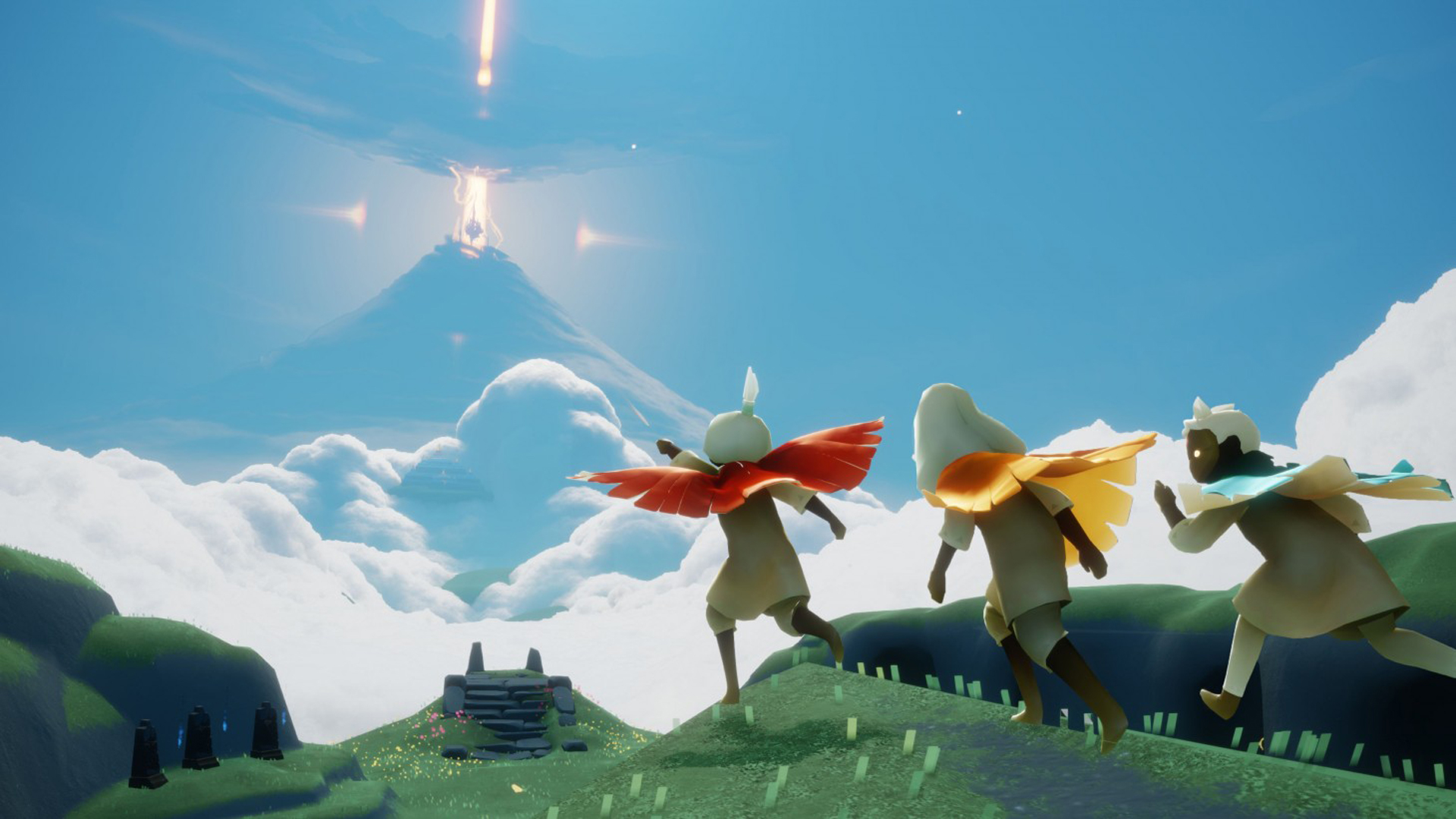
With this feedback also came requests, Chen says, such as families asking for a splitscreen mode so they could play Journey together. These requests helped form Thatgamecompany’s next project, Sky: Children of Light (which Chen also refers to as ‘Cloud game 2.0’). By the time that game finally emerged into the light, in 2019, a lot had changed. In the intervening years, many games had followed in the footsteps of these first wanderers.
2013 brought Gone Home, Proteus and the commercial release of The Stanley Parable, another game that started life as a Half-Life 2 mod. The Vanishing Of Ethan Carter and Ether One came a year later; then in 2016 Firewatch and That Dragon, Cancer, picking up the thread of Thatgamecompany’s emotional experiences. It’s perhaps no surprise, then, that Sky’s launch was hardly met with any of the same negative reaction.
“It’s absolutely to be anticipated,” Chen says – not least because the market has matured since Flower and Journey were released, with the audiences of 2009 and 2012 now more prepared for different kinds of culture. “It requires time for individuals’s tastebuds to be promoted,” Chen says. “For them to understand they really favor this flavour.”
Dallas also saw a huge shift in attitudes, even in the shorter gap between The Unfinished Swan and 2017’s What Remains Of Edith Finch. The critical response to the latter was glowing, and any remaining hostility was much more muted. ” I really did not obtain the feeling that anybody was distressed that this game existed,” he says. “Maybe individuals were simply worn down, and also they resembled, ‘Ah, an additional among these points.'” The game was also free of that previous baggage of being compared to Portal. “We really did not need to clarify points,” Dallas says. “We really did not need to warrant our presence. It’s good to seem like individuals approve your presence.”
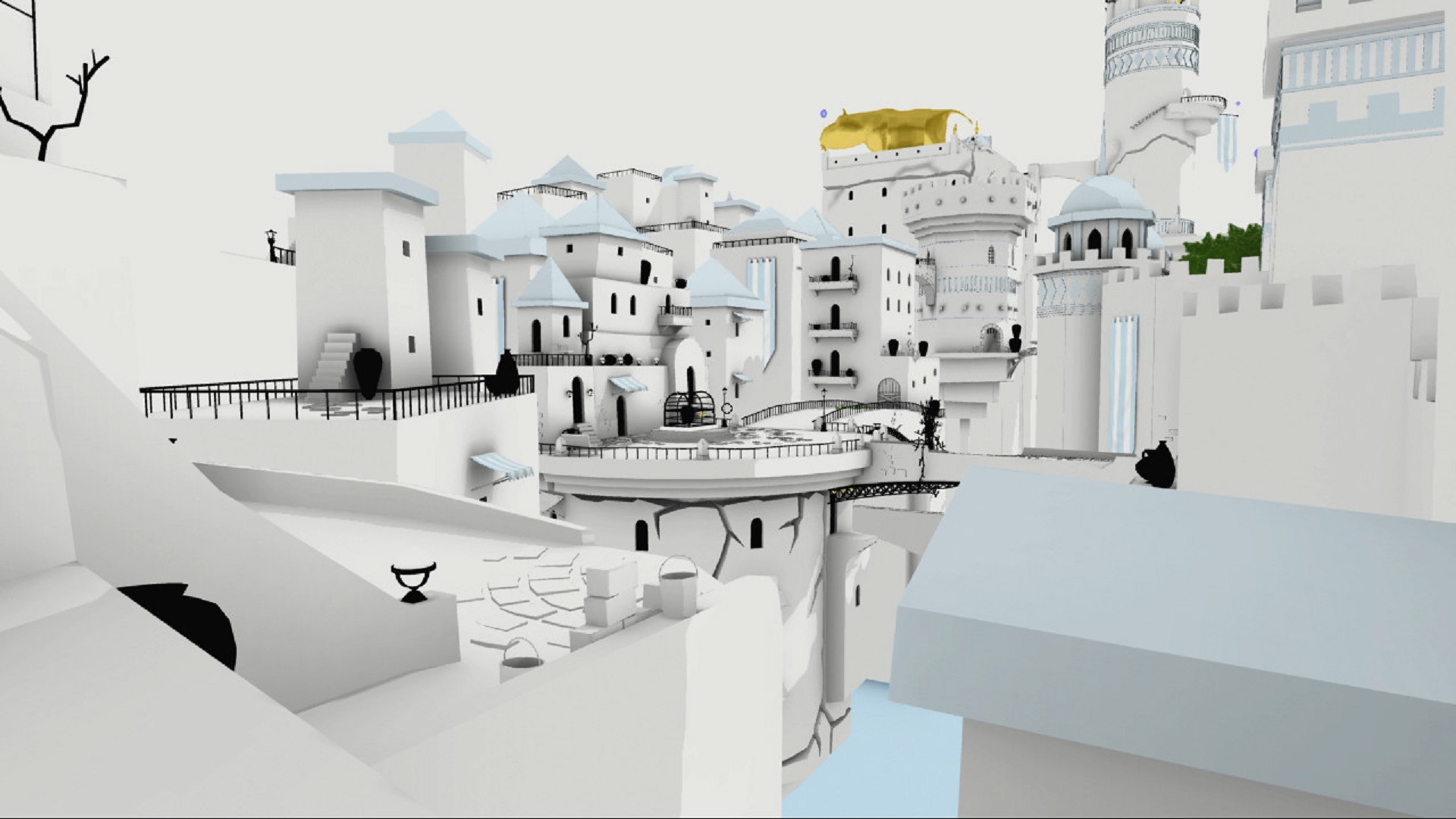
Pinchbeck noticed the change even in 2015, when The Chinese Room released Everybody’s Gone To The Rapture. It helped, perhaps, that this title acted as something of a riposte to the common criticism of these games that ” you can simply do this as a movie”, as Pinchbeck puts it. Rapture told its story in nonlinear fashion, letting players discover it as they explored the game’s abandoned English village. Pinchbeck calls it ” one of the most crucial of right stuff we were doing around after that”, for precisely this reason – but it was also the point where the studio started to look to a different future, beyond the walking simulator.
” I assume we seemed like, that’s as for you’re checking out that instructions,” Pinchbeck says. Indeed, ‘pure’ walking simulators have become less common in recent years, at least in part, Pinchbeck believes, because their qualities have been incorporated into a host of other genres. Those quiet moments he’d identified and expanded into Dear Esther have become prominent in the biggest releases.
He points to the ” seismic change” between Guerrilla Games’ Killzone titles, the last of which was released in 2013, and 2017’s Horizon Zero Dawn as an example of how things have changed. “Story and also peaceful minutes and also representation and also all that things in seclusion is fairly an approved core component of a game developer’s toolkit, in such a way that possibly it had not been in 2010.” Today, The Chinese Room is a very different company, having downsized in 2017 before being acquired by Sumo Digital, and it’s more interested in the potential of interactive storytelling than any particular kind of delivery.
“Will we ever before make an additional game where you stroll really gradually with restricted communication?” Pinchbeck says. “Don’ t understand. It’s not what we are making. But is what we are making concentrated on pc gaming as a psychological experience, ambience, tale, globe?Absolutely We’re not mosting likely to make Bubble Pop.”
Impact
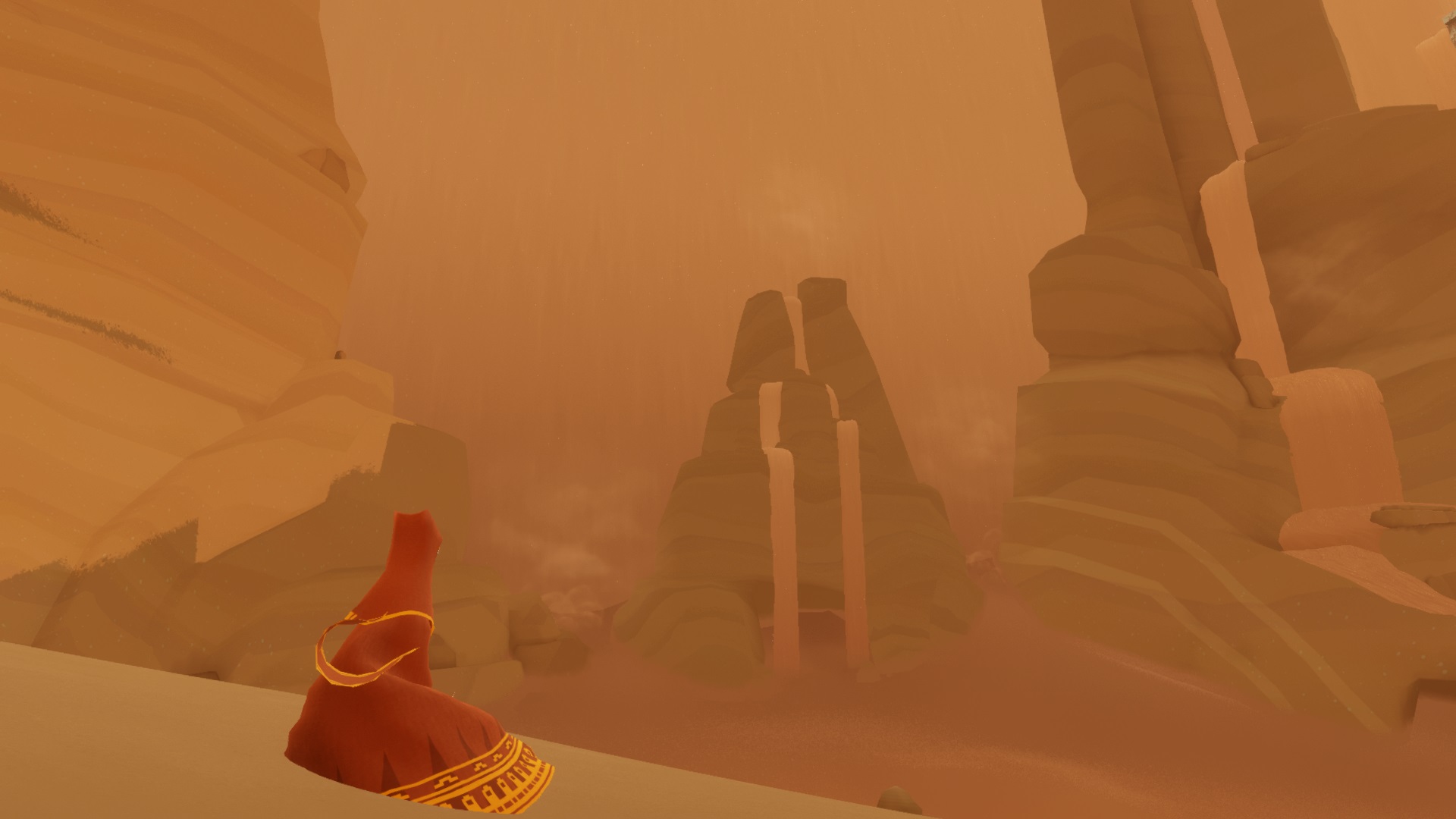
“[After Journey] quite a few games were able to make very touching stories and deal with serious subjects using gameplay. I feel pretty good to be [among] the first penguins that went that way.”
Jenova Chen
We have one final question for all our interviewees about the legacy of their 2012 releases. Did they help change our ideas about what constitutes a video game? Pinchbeck is unequivocal: “No.” It’s worth noting again that these games were never intended to replace what had come before, despite what some players might have believed, and Pinchbeck is still obsessed with first-person games of all stripes, just as he was when he first played Doom. “Esther was just another way of exploring that,” he says. “I’m very proud of Esther and what we did with it. But also I’m aware we were in the right place at the right time, when experimental games were getting a lot of visibility.”
Dallas is similarly pleased with the evolution of games over the past decade, with more novel experiences coming to the fore. “For me, selfishly,” he says, “I’m thrilled about it because it means that all kinds of oddball games can exist and find a home.” And perhaps, he adds, perhaps Giant Sparrow has encouraged more people to embrace these oddball ideas. “I hope we’ve been somewhat helpful, just because we make games that are intentionally surprising, and try not to be frustrating, and we’ve helped to bring more people away from more traditional experiences to experiment with something new.”
For his part, Chen still feels the weight of Journey’s success, as if he’s been living in the shadow of its peak ever since. “When we won game of the year [awards],” he says, “a lot of us thought, ‘Well, life is going to be downhill from this point.'” In part that’s because Journey was itself a lightning-in-a-bottle product of torturous development, which Chen has no desire to relive. But it may also be that it’s far more difficult for any game to have that impact nowadays, if only because Journey and the class of 2012 helped fill in so many gaps in the lexicon of game design.
Chen can see the DNA of his best-known work in many emotionally charged games since. After Journey, “quite a few games were able to make very touching stories and deal with serious subjects using gameplay,” he says. “I feel pretty good to be [among] the first penguins that went that way.”
This feature first appeared in issue 370 of < period course="credit scoreEdge copyrightHolder plenty ofFor had the ability to make really touching tales and also take care of severe topics utilizing gameplay. I really feel respectable to bea single issue at Magazines Direct the very first penguins that went in this way.(* )was simply an additional method of checking out that, subscribe today I’m really pleased with and also what we made with it.
likewiseSource mindful we remained in the ideal location at the correct time, when speculativegamesradar.com
were obtaining a great deal of presence. (*) me, selfishly,(*) I’m delighted concerning it since it suggests that all sort of oddball (*) can exist and also locate a residence.
(*) I wish we’ve been rather handy, even if we make (*) that are purposefully unexpected, and also attempt not to be irritating, and also we’ve assisted to bring even more individuals far from even more conventional experiences to try out something brand-new. (*) we won (*) of the year (*), (*) a great deal of us assumed,’ (*), life is mosting likely to be downhill from this factor.’ (*) plenty of (*) had the ability to make really touching tales and also take care of severe topics utilizing gameplay, (*) I really feel respectable to be (*) the very first penguins that went in this way. (*) https://www. (*)/ uk/edge/” > (*) publication(*) (*) a lot more wonderful functions and also meetings, you can grab (*) (opens up in brand-new tab) (*) or (*) (opens up in brand-new tab)(*) (*). (*): (*).

